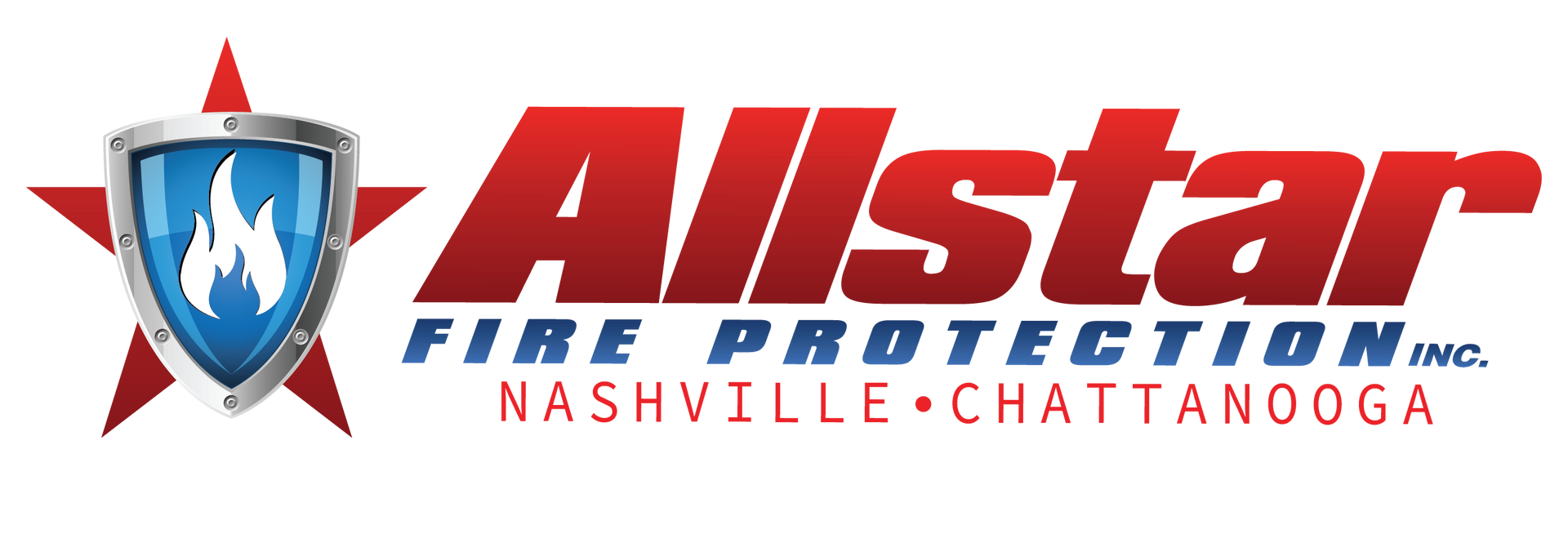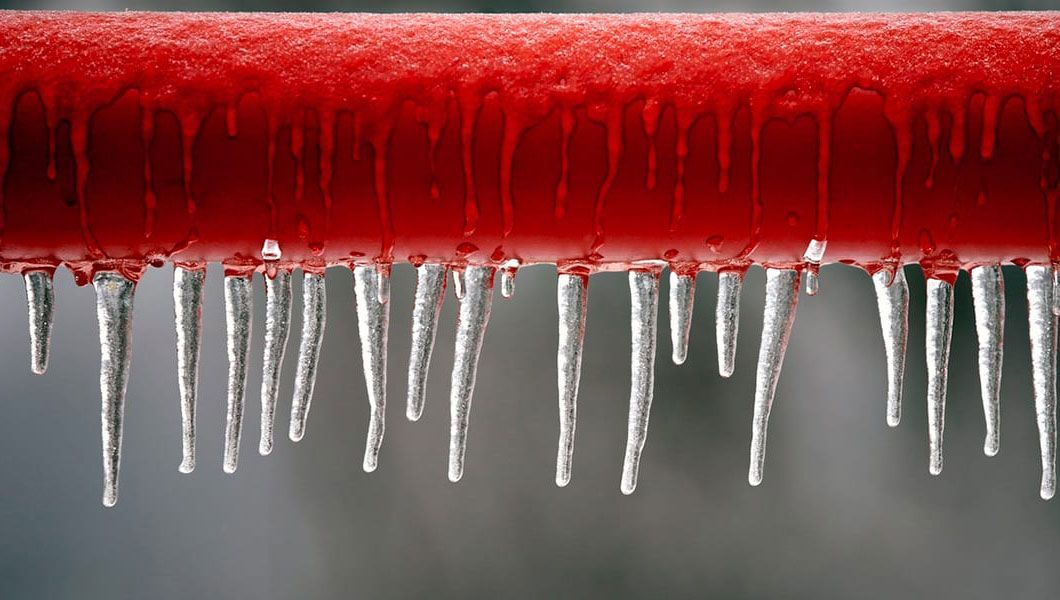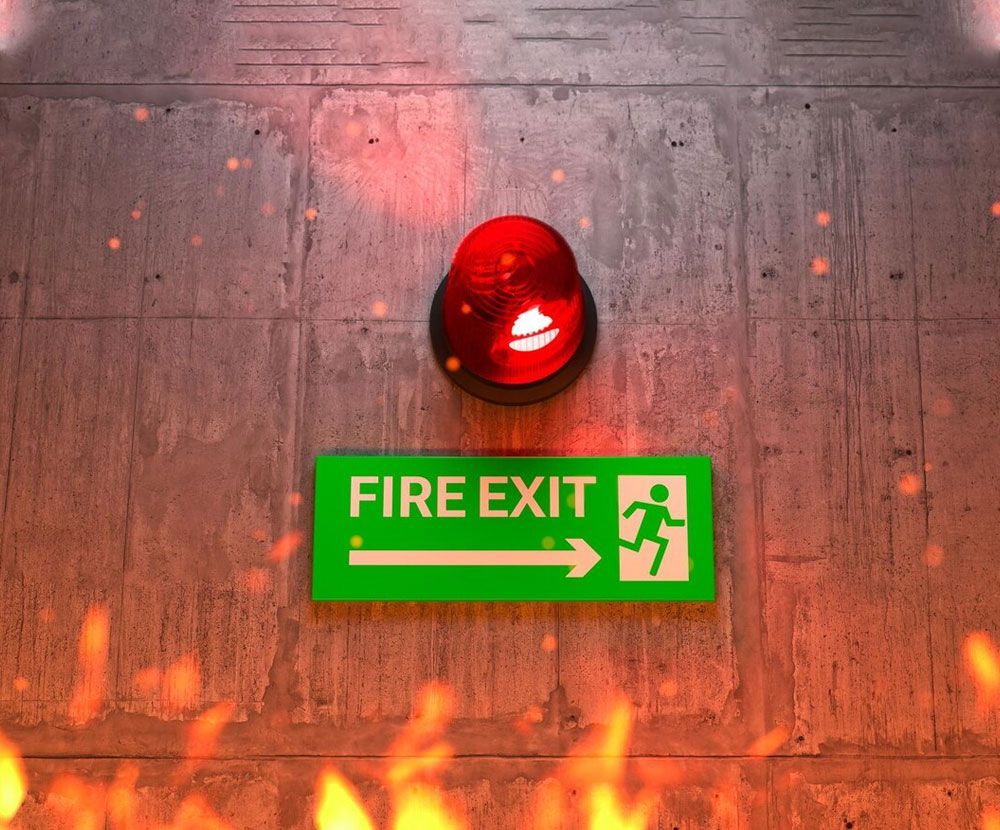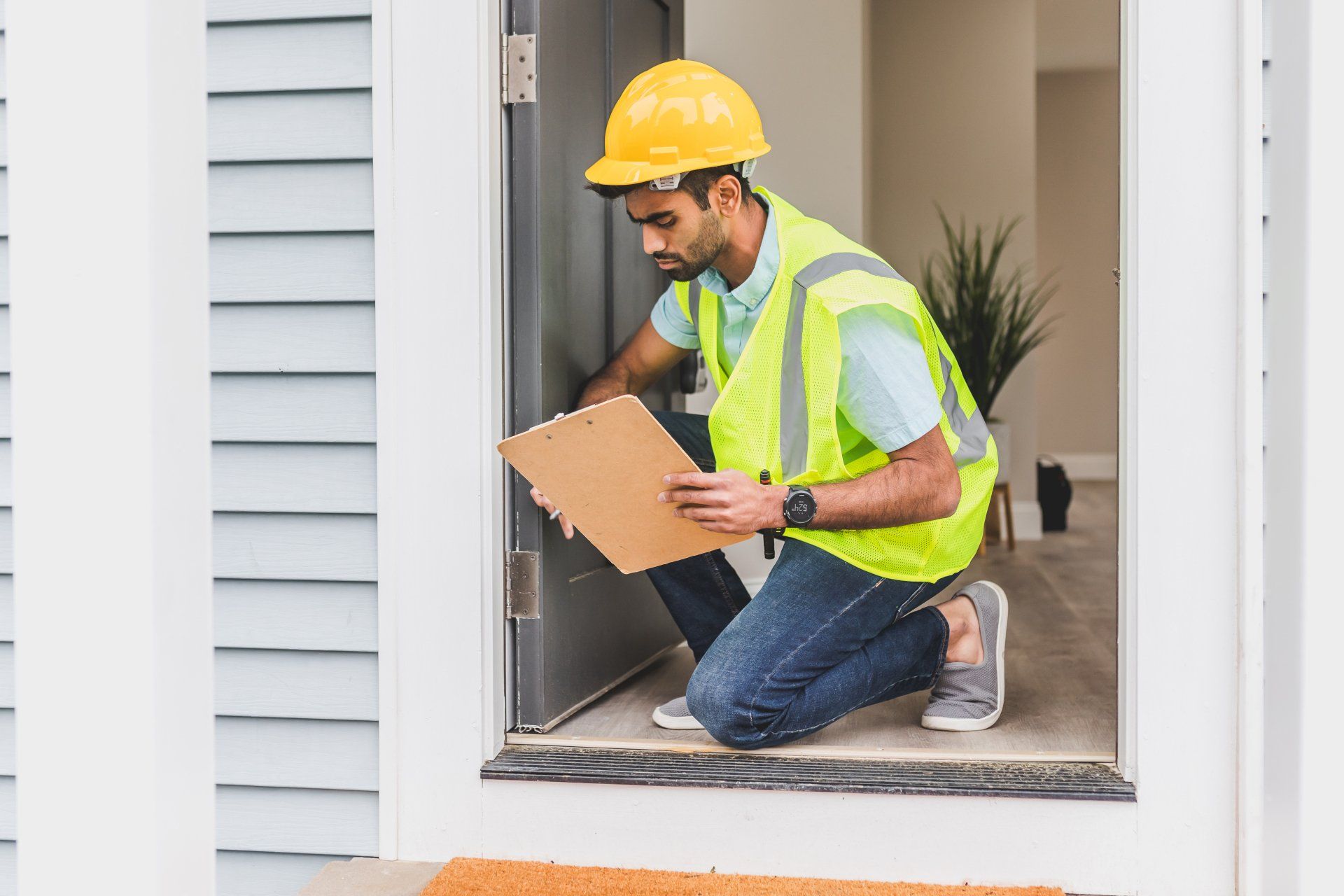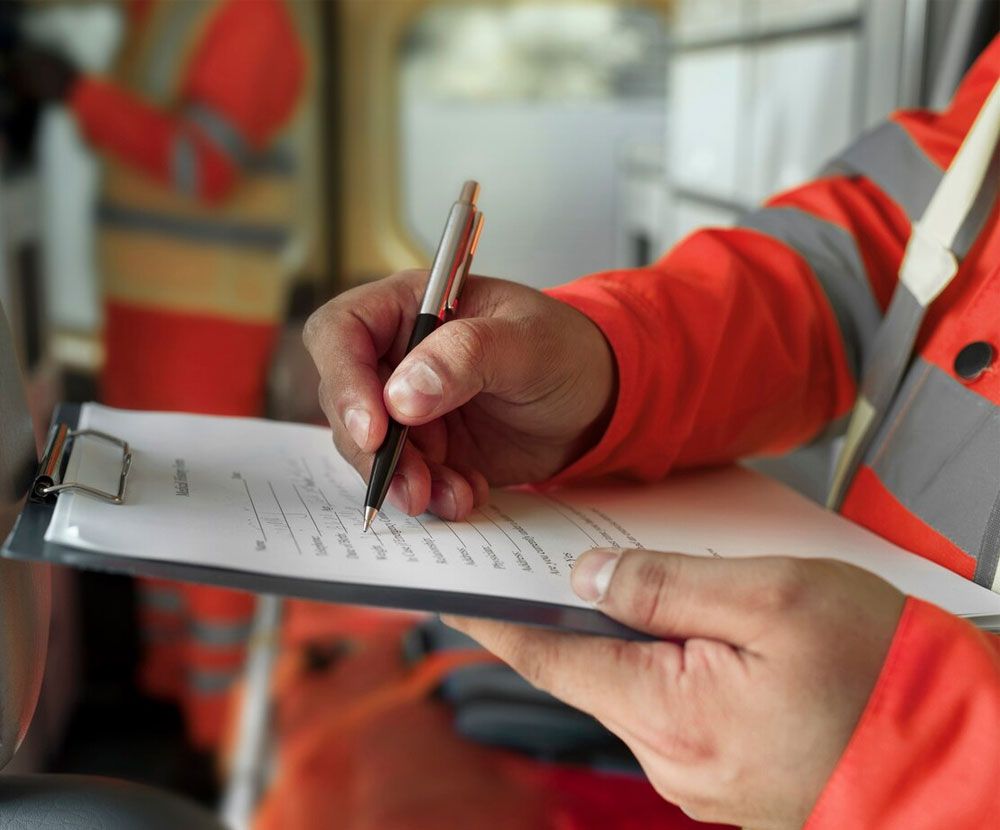
Fire sprinklers are silently guarding areas of your building, silently waiting in the wings to douse flames when a fire ignites. But just like any mechanical item, they need to be in top shape to perform their duty. That's where fire sprinkler inspections come in.
In this post, we'll delve into the importance of inspections, the codes that mandate them, how to ensure a thorough inspection, and picking the right contractor to keep your sprinklers ready for action.
Why Inspections Matter
Imagine a fire breaks out, and you rely on your sprinklers to contain it. But upon activation, nothing happens. A malfunctioning sprinkler system is a terrifying scenario, and regular inspections are the key to preventing it. Here's why:
Ensures Functionality: Inspections identify issues like clogged heads, leaks, or improper water pressure that could hinder performance during a fire.
Maintains Code Compliance: Many US codes, including the National Fire Protection Association (NFPA) 25, mandate regular inspections to comply with fire safety regulations.
Protects Lives and Property: By keeping your system operational, you safeguard your building's occupants and minimize fire damage.
Codes Requiring Fire Sprinkler Inspections in the US
The specific codes requiring inspections can vary by state and locality. However, NFPA 25 is a widely adopted standard that outlines inspection, testing, and maintenance requirements for water-based fire protection systems, including sprinklers. NFPA 25 recommends the following inspection schedule:
Annual Inspections: A comprehensive inspection to check for physical damage, corrosion, obstructions, and proper operation of all system components.
Quarterly Inspections: A visual inspection focusing on identifying minor issues and ensuring the system is ready for use.
Five-Year Internal Pipe Inspection: This may be required for certain systems to check for internal corrosion or blockages.
Remember: Always check with your local fire marshal or code official to confirm the specific inspection requirements for your area.
Ensuring a Quality Fire Sprinkler Inspection
Not all inspections are created equal. Here are some tips to ensure you're getting a thorough and professional service:
Qualifications: Choose a contractor certified by a reputable organization like the National Institute for Certification in Engineering Technologies (NICET).
Experience: Look for a company with a proven track record in fire sprinkler inspections.
Inspection Report: Request a detailed report outlining the inspection findings, any identified issues, and recommendations for corrective actions.
Choosing a Qualified Fire Sprinkler Inspection Contractor
The right fire protection company can be your partner in fire safety. Here's how to find a qualified inspector:
Get Referrals: Ask your network for recommendations from building owners or property managers who have used fire sprinkler inspection services.
Research Online: Look for companies with positive online reviews and a strong industry reputation.
Ask Questions: Don't hesitate to inquire about their experience, qualifications, and inspection procedures.
By following these tips, you can find a qualified inspector who will ensure your fire sprinkler system receives the proper attention it deserves.
Fire Sprinkler Inspection Frequency
As mentioned earlier, the inspection frequency depends on the specific requirements of your area and the type of sprinkler system you have. Here's a general guideline:
Annual Inspections: A must-do for all sprinkler systems.
Quarterly Inspections: Recommended by NFPA 25 for most systems.
Five-Year Internal Pipe Inspection: May be required depending on the system type.
Remember, consulting with your local fire marshal or code official is the best way to confirm the exact inspection schedule for your building.
Don't wait for a fire to test your sprinkler system's readiness. Schedule regular inspections to keep your fire protection system in top condition and ensure the safety of your building and its occupants.
Remember, consulting with a qualified fire protection professional is crucial to determine if your building requires a fire sprinkler pump and to choose the most suitable type for your specific needs.
For more information on fire sprinkler systems and backflow prevention, contact the professionals at Allstar Fire Protection.
Allstarfireprotection.com or 615-865-5600
